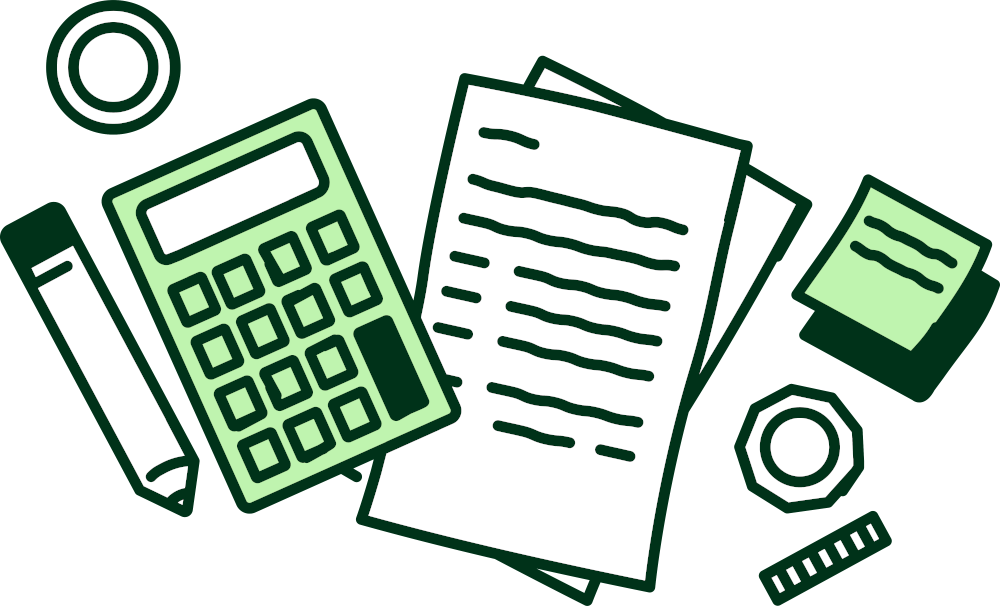What is a Debt Relief Order?
A Debt Relief Order (DRO) stops most creditors from taking further action against you for 12 months. It is for personal debts of up to £50,000 that you cannot pay.
For debts included in a DRO, during this time:
- you will not pay back what you owe
- interest and charges will stop being added to your debts
- you will not have to deal with the people you owe money to.
These protections will stay in place if you continue to meet DRO qualifying rules during the 12-month period. If your finances do not get better after the 12 months the debt will be written off.
Do I qualify for a Debt Relief Order?
To qualify for a DRO, you must:
- be unable to pay your debts
- owe less than £50,000 in total
- have savings or valuable items worth less than £2,000 in total
- own a vehicle worth less than £4,000 (if you were to sell it today)
- have £75 a month or less at the end of the month to make your debt repayments
- have lived or worked in England and Wales in the last 3 years
- have not had a DRO in the last 6 years.
What debts can I include?
You can include most types of debt in your application. The total of your debts can be no more than the £50,000 limit.
Debts that can be included in a DRO are called ‘qualifying debts’.
They include:
- credit cards
- overdrafts and loans
- rent arrears and utilities (gas, electricity, telephone)
- council tax and income tax
- buy now, pay later agreements
- benefit overpayments
- debts to friends and family.
Once your DRO is approved, you will usually no longer have to pay the debts (and interest) listed in the DRO anymore.
What debts do I still need to pay?
There are some types of debts that cannot be included in a DRO.
You’ll still have to pay:
- child maintenance or anything you owe under family proceedings
- student loans
- budgeting and crisis loans from the Social Fund
- debts secured against any possessions you own
- damages or fines a court has ordered you to pay
- unpaid TV licence fees
Applying for a Debt Relief Order
You must contact an approved debt advice provider, like us, to apply for a DRO. It is free to get help and speak with a debt adviser.
If you think that a DRO is the best option for you, contact us for more advice. If we agree that it is suitable for you, we can explain how to apply.


